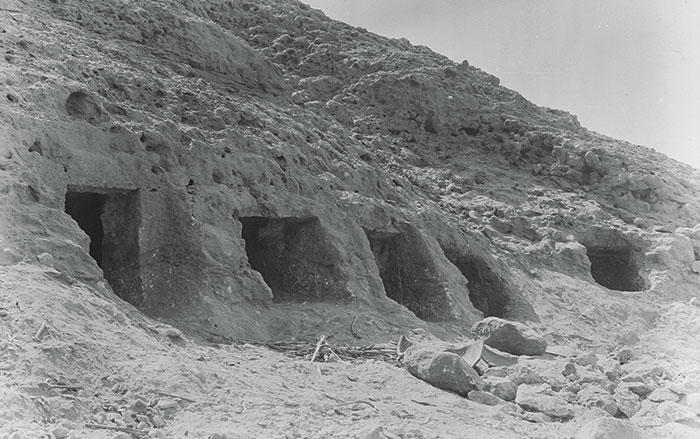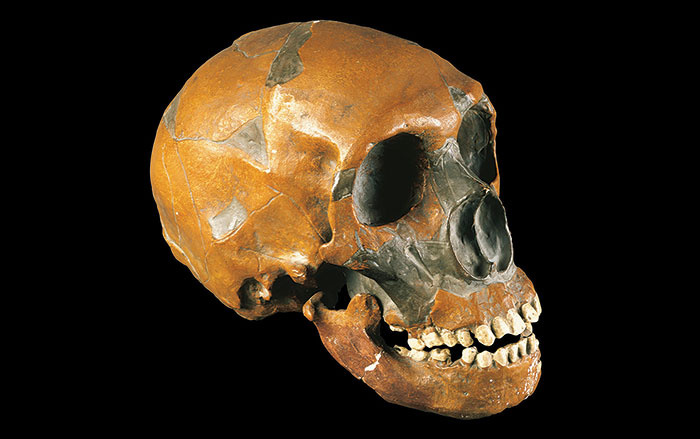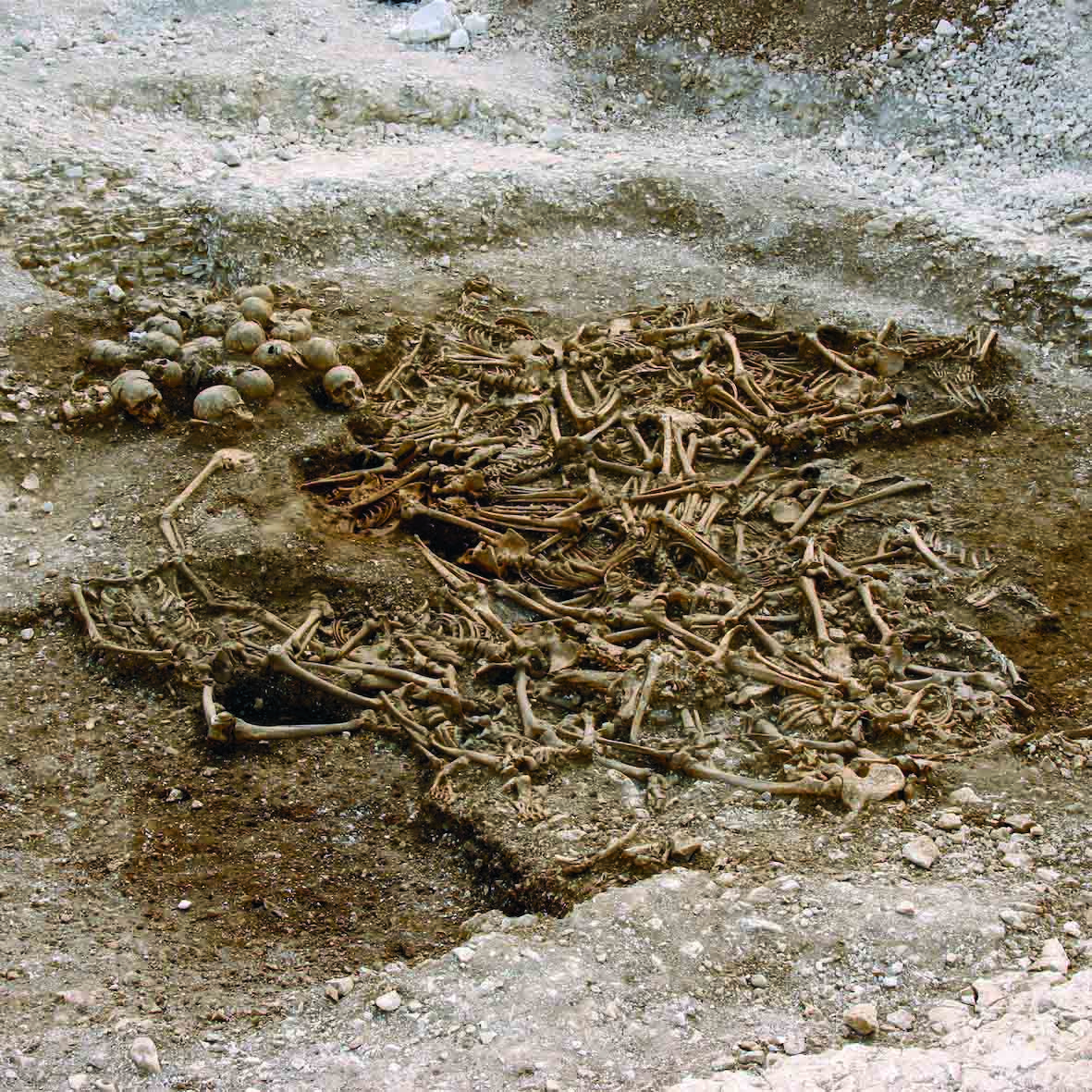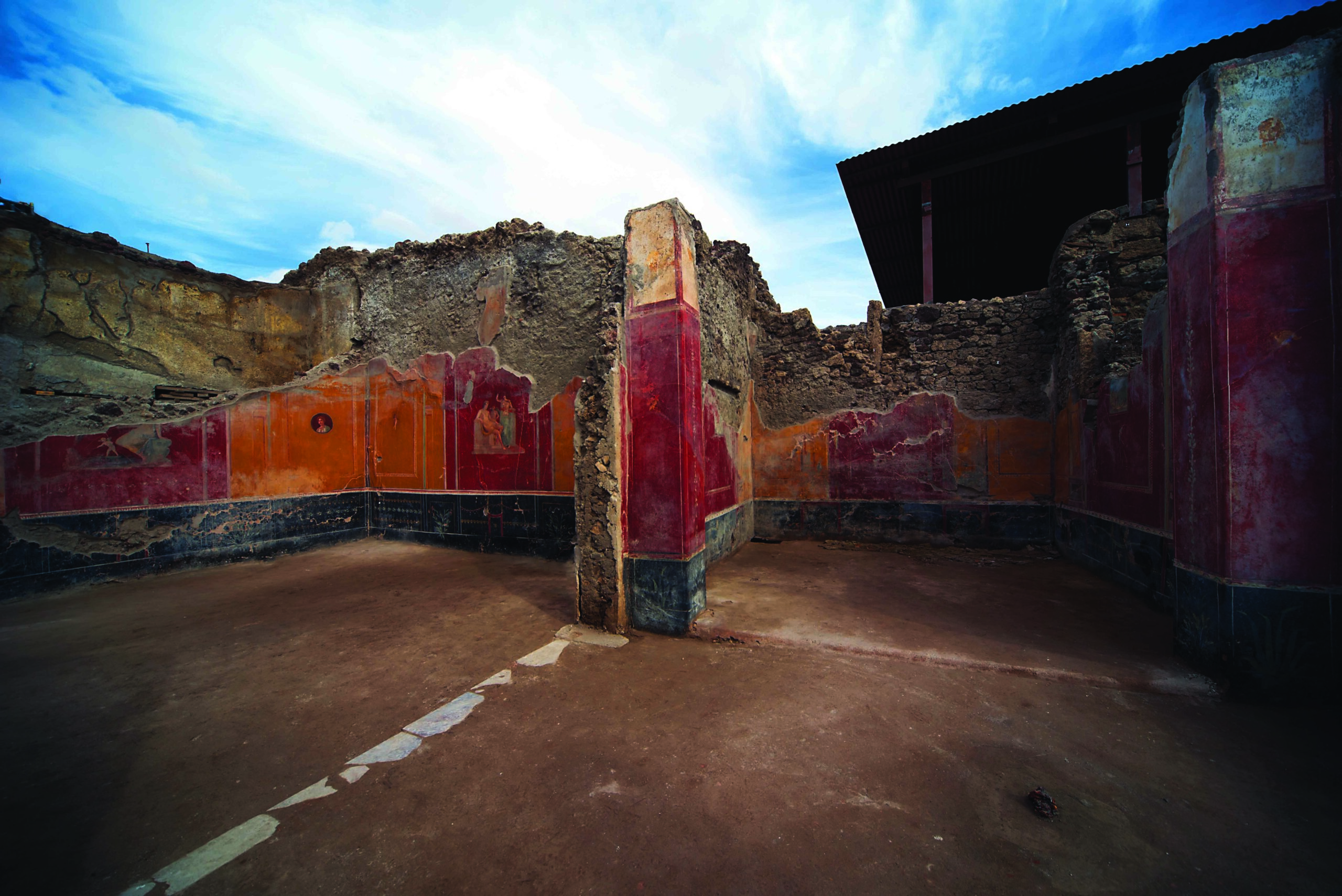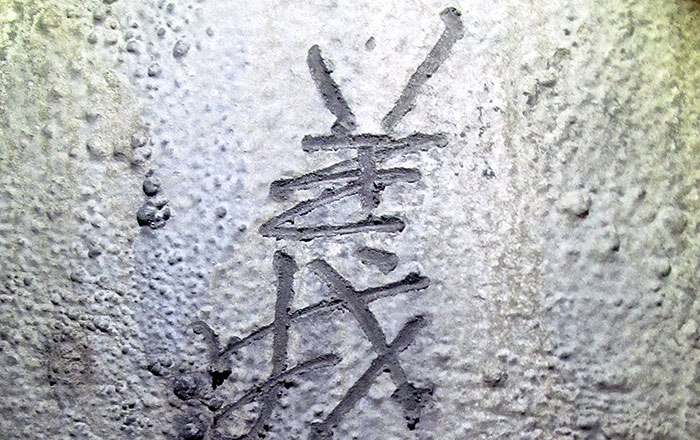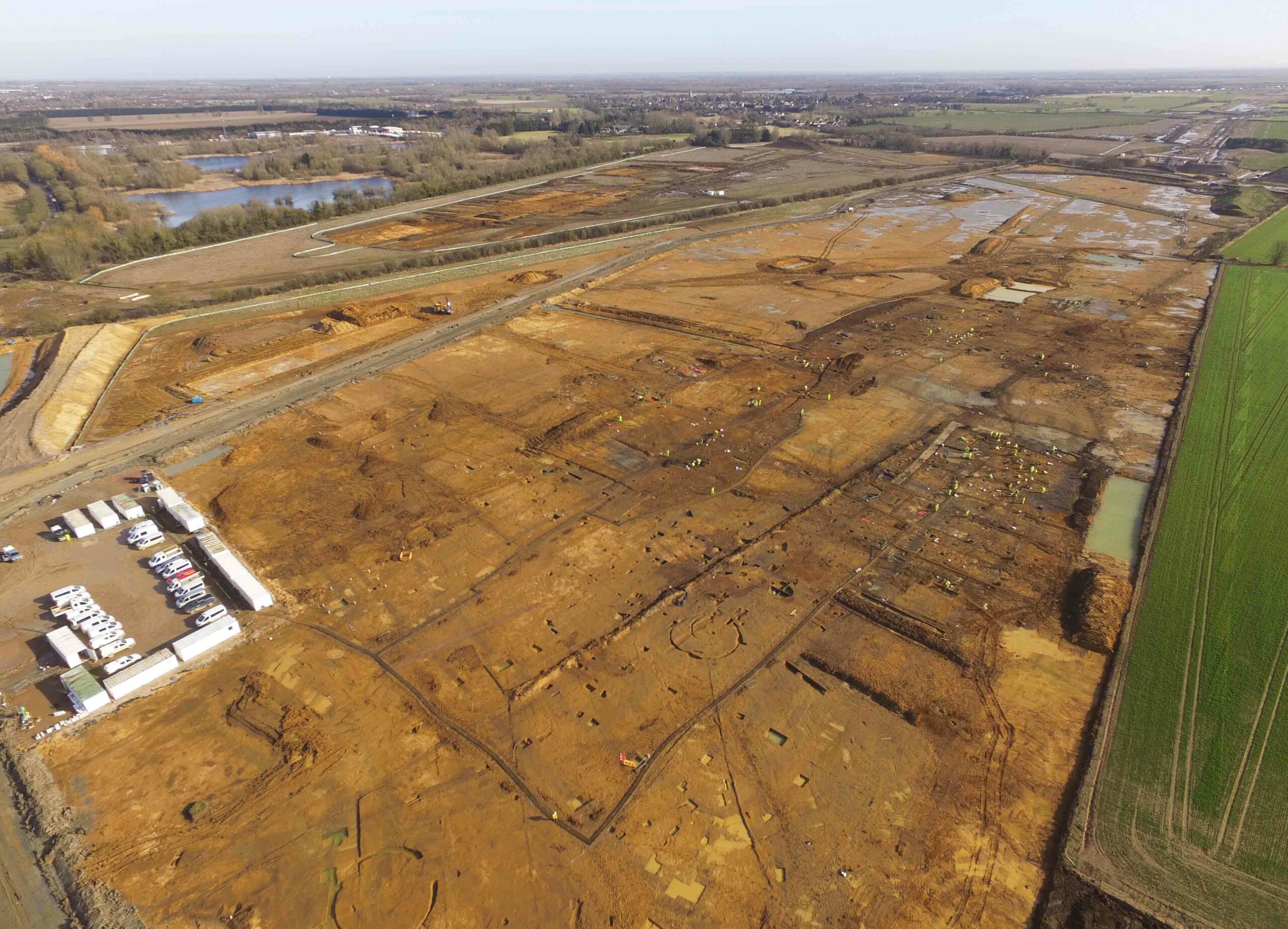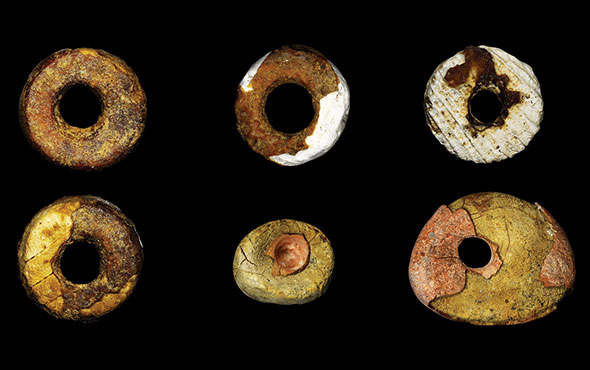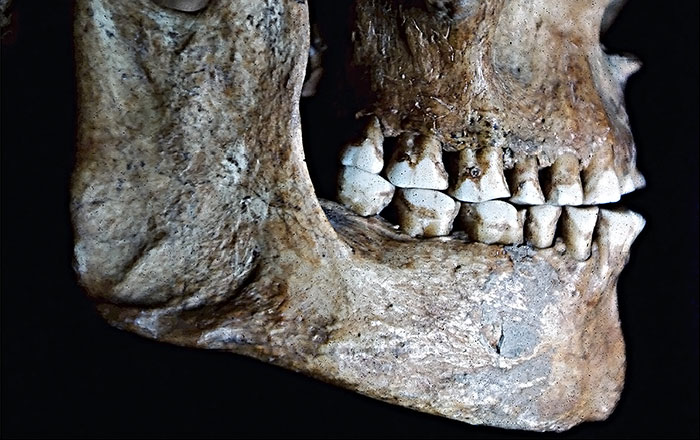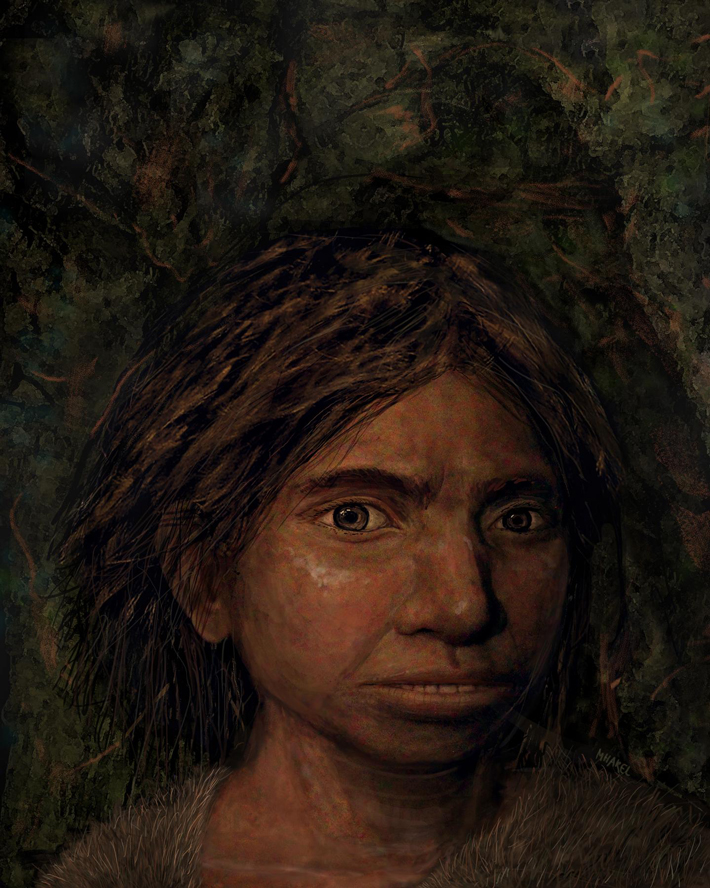
JERUSALEM, ISRAEL—The Guardian reports that researchers at the Hebrew University of Jerusalem have produced a portrait of a young Denisovan woman based upon analysis of DNA extracted from her fossilized finger bone. Liran Carmel, David Gokhman, and their colleagues examined “methylation maps” for Denisovan, Neanderthal, and modern human genomes to track how actively different genes were expressed in their anatomies. Once the researchers had compiled a list of genes that were likely to have been active in this Denisovan genome, they compared the list to a medical database of human genetic disorders to look for clues as to how gene activity might affect skeletal structure and thus, the young woman’s appearance. In all, the researchers identified 56 areas of anatomy in which Denisovans differed from Neanderthals and modern humans. Denisovan skulls were probably wider than Neanderthal and modern human skulls, with longer jaws, which would have allowed for larger teeth, like the three recovered from Siberia’s Denisova Cave. Gokhman said that understanding what Denisovans looked like could help scientists understand how they adapted to their environment, and how those adaptations may have been passed on to people living today. To read about DNA analysis that revealed interbreeding between Denisovans and Neanderthals, go to "Hominin Hybrid," one of ARCHAEOLOGY's Top 10 Discoveries of 2018.


